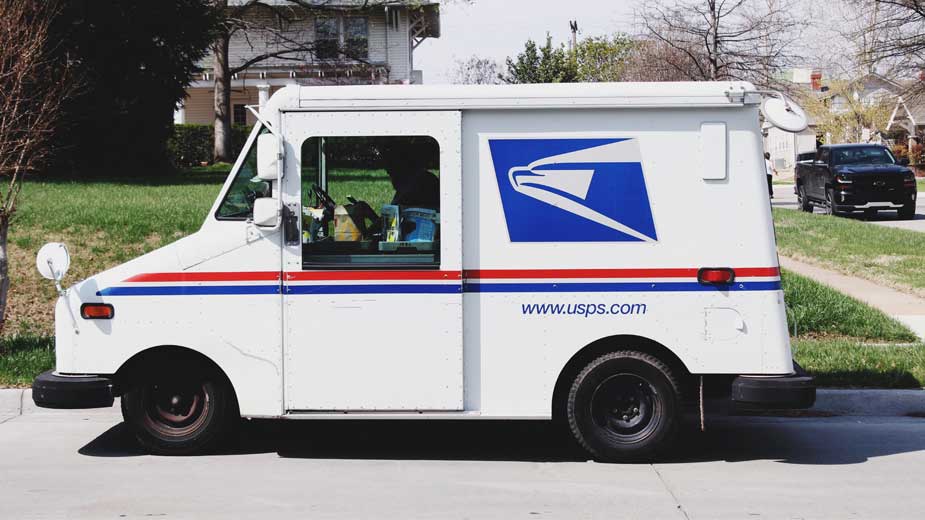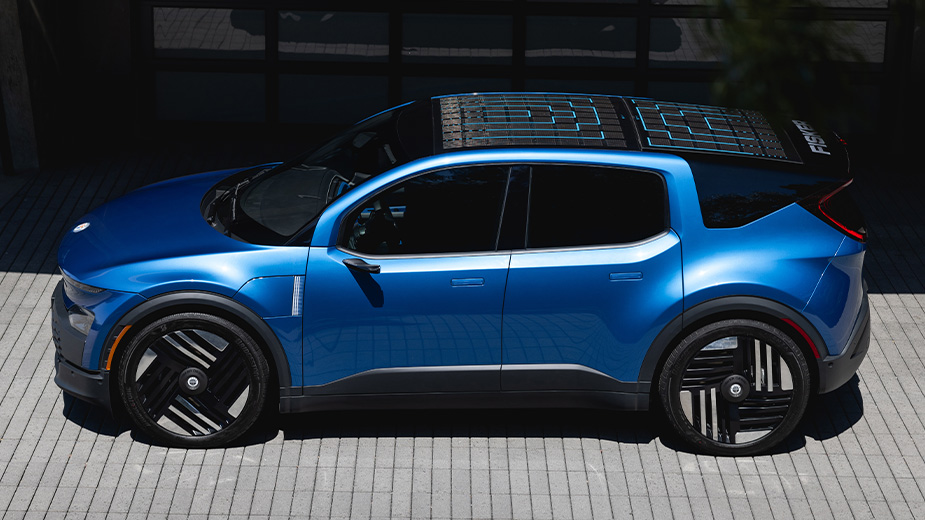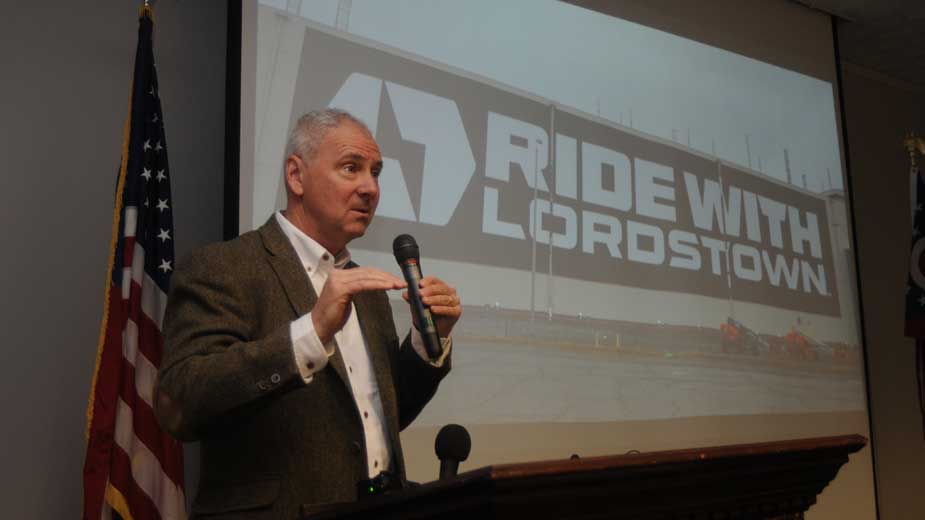EPA Takes Issue With USPS Plan for Next Generation Vehicles
YOUNGSTOWN, Ohio – The U.S. Environmental Protection Agency is pressing the U.S. Postal Service to reconsider a plan that calls for replacing its aging delivery fleet with mostly gasoline-powered vans instead of electric vehicles, calling the proposal “seriously deficient.”
In a letter sent to the USPS on Wednesday, the EPA requested that the postal service hold new hearings regarding its proposal, which includes a contract that was awarded last year to Oshkosh Defense that is potentially worth $6 billion. Under the contract, the company would build between 50,000 and 165,000 next generation vehicles for the postal service over 10 years.
The USPS proposal calls for just 10% of the replacement vehicles to be electric-powered.
“Electrification of only 10% of the postal service replacement vehicles over the next 10 years falls far short of our national goals for reducing GHG [greenhouse gas] emissions with deliberate speed,” the letter says. “Our review has determined that EPA’s concerns with the draft EIS [environmental impact statement] were not adequately addressed and that the final EIS remains seriously deficient.”
The EPA letter also pointed out that the USPS’s plan lags behind those of competitors such as FedEx, which has committed to fully electrify its fleet by 2040. Amazon has also committed to net zero emissions by that year, and UPS plans to do the same by 2050.
“EPA has determined that the final EIS lacks disclosure of important underlying information, contains serious deficiencies, and the Postal Service should not proceed to a decision,” the letter says.
In a letter addressed to Postmaster General Louis DeJoy on Feb.2, Brenda Mallory, chair of the White House Council of Environmental Quality, emphasized the need for the USPS to develop a supplemental environmental impact statement.
The letter also took issue with the USPS’s environmental assessment process, noting that the agency issued the contract and committed $480 million toward engineering and factory construction before it began its review.
Cincinnati-based Workhorse Group, an EV manufacturer that once held an interest in Lordstown Motors Corp., was among a handful of companies that lost its bid for the contract last year. It was hoped that the next generation delivery vehicles would have been built in Lordstown.
Workhorse sued the USPS after losing its bid, but later withdrew its complaint.
Still, the decision to award the contract to Oshkosh drew the ire of Ohio lawmakers, who took issue with how DeJoy handled the selection process.
“Postmaster General DeJoy’s plans to take the Postal Service back to the 20th century aren’t only damaging to our environment, but completely throw away a once-in-a-generation opportunity we have to invest in American jobs with electric vehicle production,” U.S. Rep. Tim Ryan, D-13, said in a statement Thursday. “We can’t let this happen.”
Ryan, along with 12 other members of the U.S. House of Representatives, signed a letter in March 2021 directed to the USPS Board of Governors urging the body to forestall awarding the 10-year contract until the deal could be reviewed.
“With so many questions and concerns surrounding the NGDV contract, with critical legislation pending, and with a new board majority on the horizon, pausing the process until President Biden’s nominees are confirmed is both necessary and appropriate,” lawmakers wrote. “These matters, in addition to the overall leadership of Postmaster General DeJoy, must be appropriately reviewed before USPS proceeds with what we believe would be a colossal mistake.”
Ryan and others, including U.S. Sen. Sherrod Brown, D-Ohio, have raised questions as to the USPS’s decision to award the contract to Oshkosh.
At the time, Ryan has particular questions over 524,000 shares of Oshkosh that were traded during after-hours on Feb. 22, just before the USPS announced the contract award on Feb. 23.
The lawmakers also said that the contract disregards President Joe Biden’s directive to convert 100% of the federal fleet to electric vehicles. Oshkosh’s bid called for the use of combustion engines.
Photo by Pope Moysuh on Unsplash
Copyright 2024 The Business Journal, Youngstown, Ohio.



